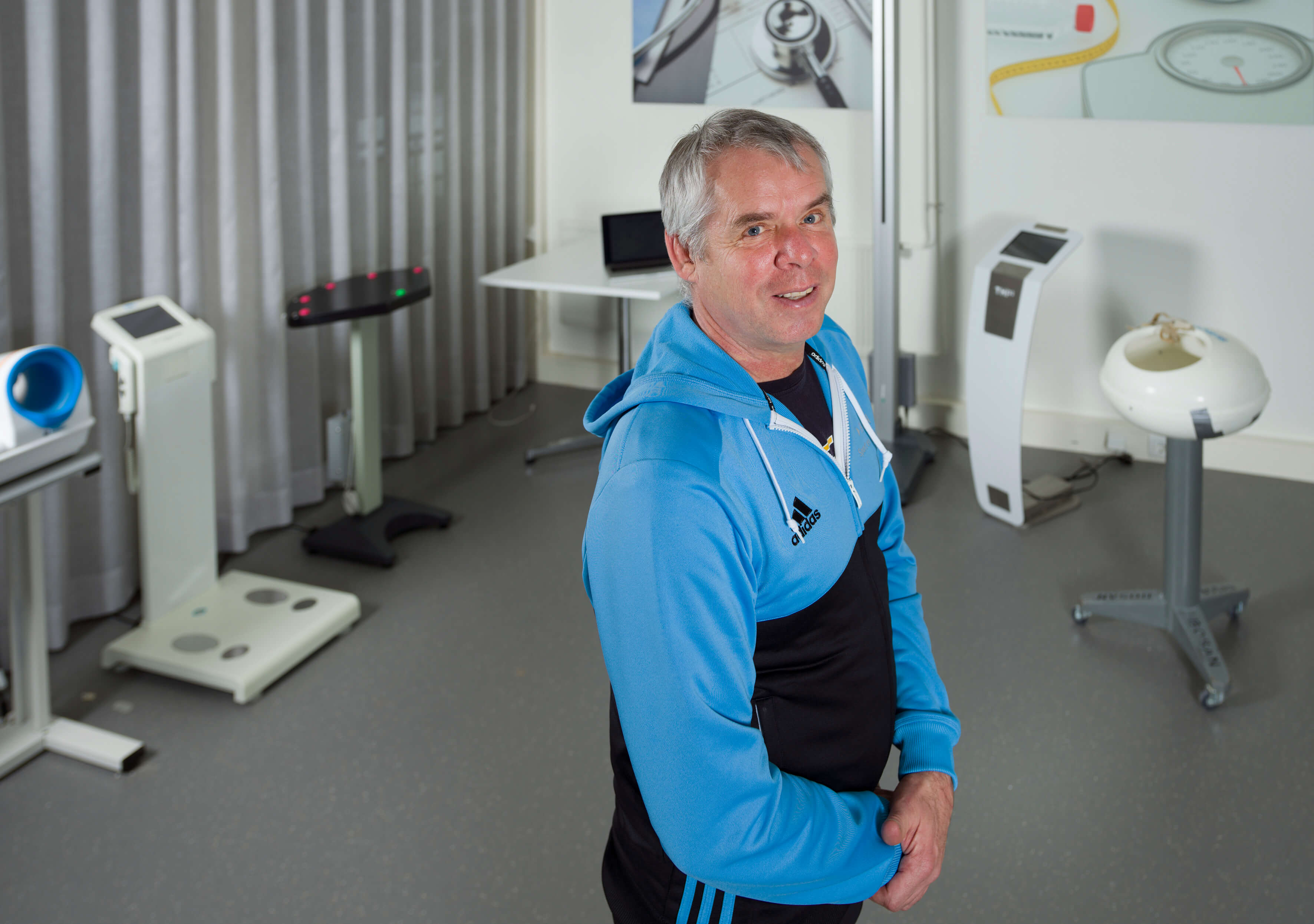To keep children active in sports for as long as possible
If children choose a sport that matches their abilities, they will be less likely to drop out later on. HAN University of Applied Sciences in Arnhem/Nijmegen and Ghent University (Belgium) developed a test battery to help children find a sport best suited to their abilities.

Of all seven-year-old girls who join gymnastics classes, 85% have dropped out after five years. Most of them probably stop because they no longer enjoy gymnastics. That is a pity for these girls and also means that we lose large groups of children with top athletic abilities. To keep children active in sports for as long as possible, it is crucial that they choose a sport that matches both their qualities and that they enjoy.
Detecting abilities and talent
The research groups of Ghent University and HAN developed a tool to offer customised sports advice to children. The method is based on the Flemish Sports Compass, a series of sixteen short tests aimed at detecting children with an aptitude for sports, and connecting them to sports clubs. The Sports Compass is implemented in different primary schools in Flanders (Belgium) and the HAN tool is implemented in primary schools in the Netherlands.
Eye for excellence
The RAAK project ‘Eye for excellence’ goes one step further: in the context of talent development, children in basic school with an aptitude for sports are offered other programmes, allowing them not to follow the group average anymore. This has also a promising effect on the other pupils in the same group. At a certain time in the programme, children make a choice for a preferred sport, that matches their abilities and enthusiasm.
It’s important to make sure children don’t develop in one direction only because children can still learn a lot in terms of motor skills. A broad motor skills training is offered by clustering sports and offering combined sports associations. By clustering e.g. ball sports children are offered a wider range of sports, which prevents them from becoming bored by playing one single sport. The project also serves to detect talent, that wouldn’t have been detected when children specialize too early.
Other research on Recognising and Developing Sports Talent
- Ph.D. research on recognizing sports talent in primary schools, with UMC Groningen (Netherlands), Ghent University (Belgium), University Putra Malaysia (Malaysia) and NYSI (Singapore).
- Research projects to improve talent detection:
1) Tennis project, with KNLTB (Dutch Tennis Federation) and UMCG (University Medical Centre Groningen);
2) Volleyball, in the context of which the development of players from various RTCs and Young Orange teams has been tested and monitored.
3) Badminton World Federation: Identifying talented badminton players by using bio-banding.
Contact
Research group Recognizing and developing Sports Talent
HAN University of Applied Sciences
https://www.han.nl/international/english/research/people/johan-pion/
Professor Johan Pion
E-mail: Johan.Pion@han.nl
Mobile: +31 (0)6 15 83 84 27

